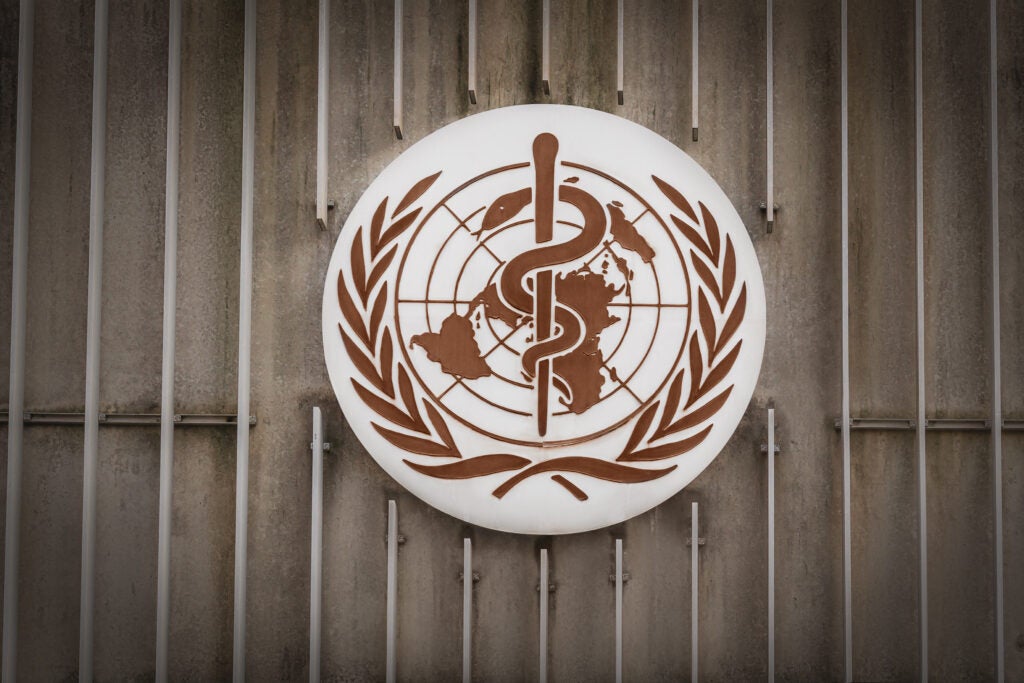Global Health in Peril: How U.S. Exit from WHO Could Spark Catastrophic Pandemic Risks

In a controversial move that sent shockwaves through the global health community, President Donald Trump delivered a significant blow to international public health cooperation by signing an executive order to withdraw the United States from the World Health Organization (WHO). This decision, according to public health expert Jesse Bump from the Harvard Chan School, could potentially expose both the United States and the global community to increased vulnerability during critical public health emergencies.
The unprecedented withdrawal threatens to undermine decades of collaborative international health efforts, potentially leaving nations less prepared to respond to future pandemics, disease outbreaks, and global health challenges. Bump warns that by isolating itself from this critical global health network, the United States risks not only compromising its own health security but also diminishing the collective ability of nations to mount effective responses to widespread health threats.
This executive order represents a dramatic shift in the United States' approach to global health diplomacy, raising serious concerns among medical professionals, epidemiologists, and international health policy experts about the potential long-term consequences of such a unilateral decision.
